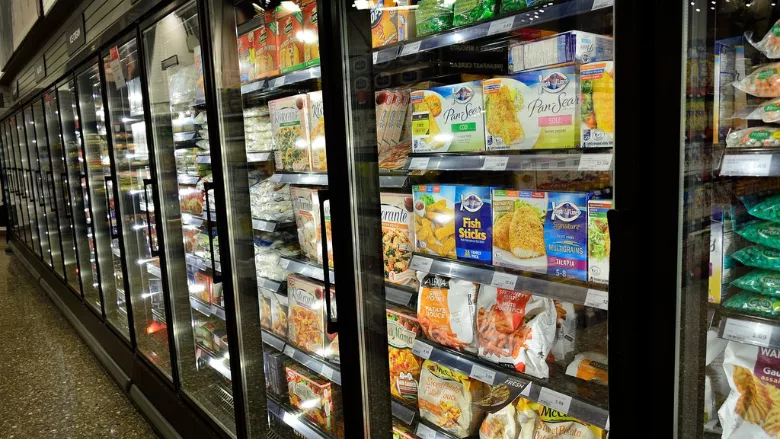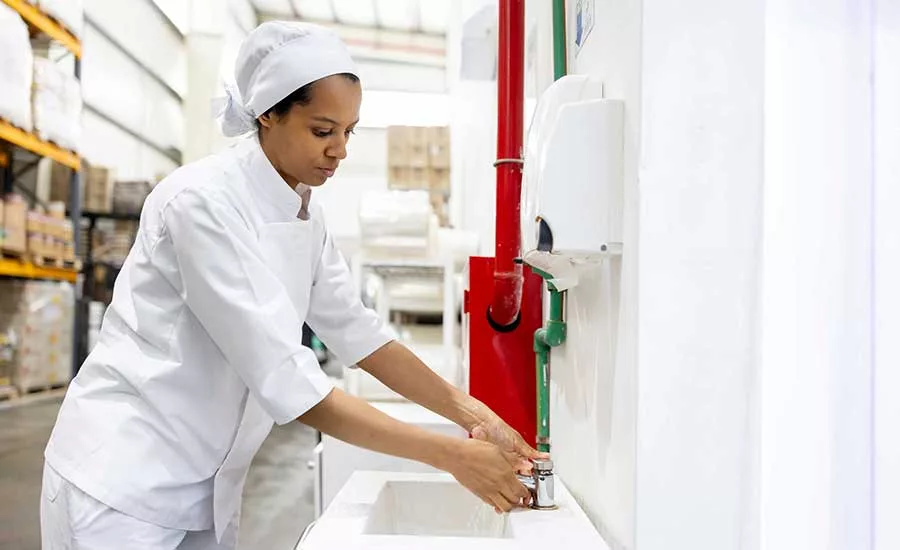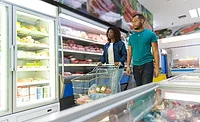Frozen Food Industry Group Strives to Reduce Storage Temperature Standards by 3 °C

Image credit: ElasticComputeFarm via Pixabay
The Move to -15 °C—an industry effort to lower frozen food storage and transportation temperature standards—has more than doubled its membership since its launch in 2023, representing stakeholders at every stage of the frozen food supply chain. The group was founded following the release of the Three Degrees of Change report, an academic paper providing evidence that a move from -18 °C to -15 °C could make a significant environmental impact without compromising food safety.
The frozen food temperature set point of -18 °C was established as an industry standard a century ago—a decision supported by little evidence. Logistics technology has improved substantially since that time, and scientific literature shows that a 3 °C change in temperature could:
- Save 17.7 million metric tons of carbon dioxide per year, the equivalent annual emissions of 3.8 million cars annually
- Create energy savings of around 25 terawatt-hours (TW/h), equivalent to 8.63 percent of the UK’s annual energy consumption
- Cut financial costs throughout the supply chain by at least 5 percent, and in some areas, by up to 12 percent.
Recognizing that a shift in temperature set points from -18 °C to -15 °C requires a collaboration from the entire food cold chain, the Move to -15 °C recently secured support from Nomad Foods, Europe’s leading frozen food manufacturer and the company behind famous brands like Bird’s Eye, Findus, and Iglo. In February 2024, Nomad Foods released the 12-month results of its ongoing landmark study, which revealed that storing frozen food at -15 °C, instead of the industry standard -18 °C, can reduce freezer energy consumption by 10–11 percent without any noticeable impact on product food safety, texture, taste, or nutritional value.
Other key players within the food industry that have also shown their commitment to the Move to -15 °C include international Danish food company, Danish Crown; worldwide transport and logistics provider, Blue Water Shipping; Europe’s second-largest cold logistics operator, Constellation Cold Logistics; and Indicold, provider of reliable, cost-effective cold storage and logistics solutions in India. Moreover, one of the largest purchasers and lessors of refrigerated containers in the world, Seacube Container Leasing, in collaboration with internet of things (IoT) technology pioneers Orbcomm and Seafrigo, has developed a worldwide network within the refrigerated space, and has also recently joined the Coalition.
Looking for quick answers on food safety topics?
Try Ask FSM, our new smart AI search tool.
Ask FSM →








.webp?t=1721343192)